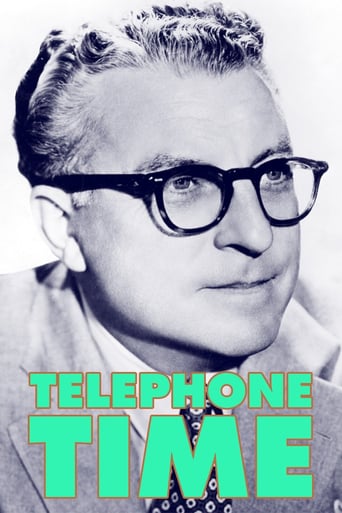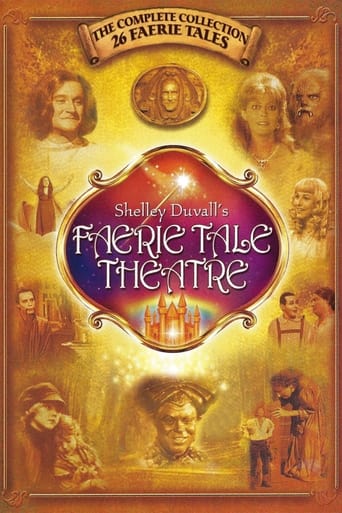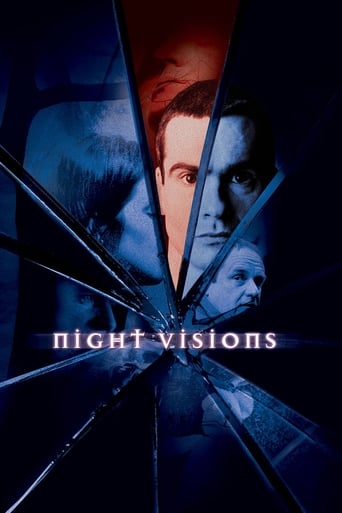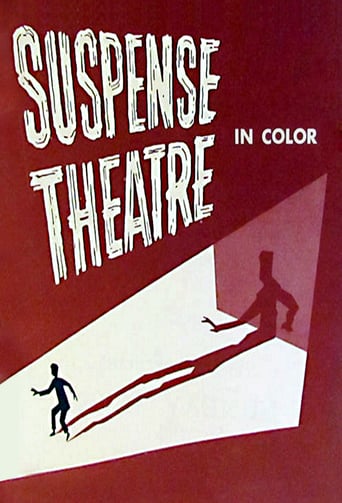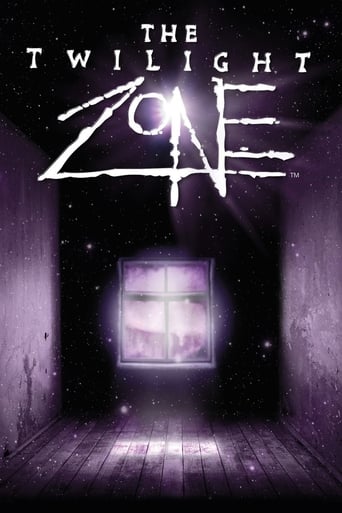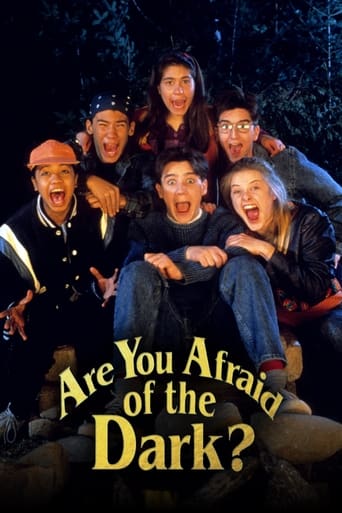Telephone Time Season 3

Telephone Time is an American anthology drama series that aired on CBS in 1956, and on ABC from 1957 to 1958. The series features plays by John Nesbitt who hosted the first season. Frank C. Baxter hosted the 1957 and 1958 seasons. The program was directed by Arthur Hiller.
Watch NowWith 30 Day Free Trial!
Telephone Time
1956 / NR
Telephone Time is an American anthology drama series that aired on CBS in 1956, and on ABC from 1957 to 1958. The series features plays by John Nesbitt who hosted the first season. Frank C. Baxter hosted the 1957 and 1958 seasons. The program was directed by Arthur Hiller.
Watch Trailer
Telephone Time Season 3 Full Episode Guide
Hiero II, king of ancient Syracuse, orders a gold crown to be made as an offering to the gods. The gold is delivered to a goldsmith and the man's wife persuades him to substitute silver for some of the gold.
In the spring of 1828, the bark Vestris, is 16 days out enroute from England to Boston. The weather is fair, but the captain's ailing wife suddenly has a vision telling her (in a message written on a blackboard) to have the ship change course. At first the captain refuses, but when the weather changes and his wife becomes sicker, he reluctantly agrees. As a result, they find and rescue three survivors of a shipwreck. One of the three is a doctor, and appears to be the ""spirit"" seen by the wife. He saves her life. As it turns out, the message on the blackboard is in his handwriting. Curiously, the doctor is as puzzled as everyone else by the wife's vision.
Story of an unsung racing mechanic who because of a club foot, has never dared to race himself. All he needed was the confidence in himself to succeed. Based on the true story of Bud and Gina Hand.
The story of a military surgeon who in a moment of crisis has to perform an action repugnant to his very nature. The story of a cavalry skirmish in the Mexican War and of two men who fought with different philosophies and methods toward the same end. One lived heroically and one died a hero.
An author frees an innocent man from prison.
Composer Hoagy Carmichael relates the story of a song inspired by an anonymous poem, I get along without you very well. The year is 1938. Hoagy is asked to write a song to be introduced on Dick Powell's radio show. While going through his files, Hoagy discovers a nearly forgotten poem and promises a melody for it. He remembers little about the source of the poem except that a girl gave it to him at a college sorority party several years before. But the lyricist must grant permission before the music can be cleared for use on the radio. There ensues a desperate nation-wide search, aided by the broadcasts of Walter Winchell to find the author before air time.
A school teacher from Massachusetts comes to a small western town to marry a young homesteader, but finds that he's been murdered. The jury frees the murderer on a phony plea of self-defense. Determined to see justice done, she decides to stay in town as a constant irritant to the murderer's conscience. She makes him so crazy, he picks a fight with one of his friends and is killed. Dismayed by her own vengefulness, the teacher decides that justice would be better served by true social reform. She campaigns successfully for women to be selected as jurors, which results in the second murderer being convicted and sent to prison.
Free Trial Channels
Seasons


